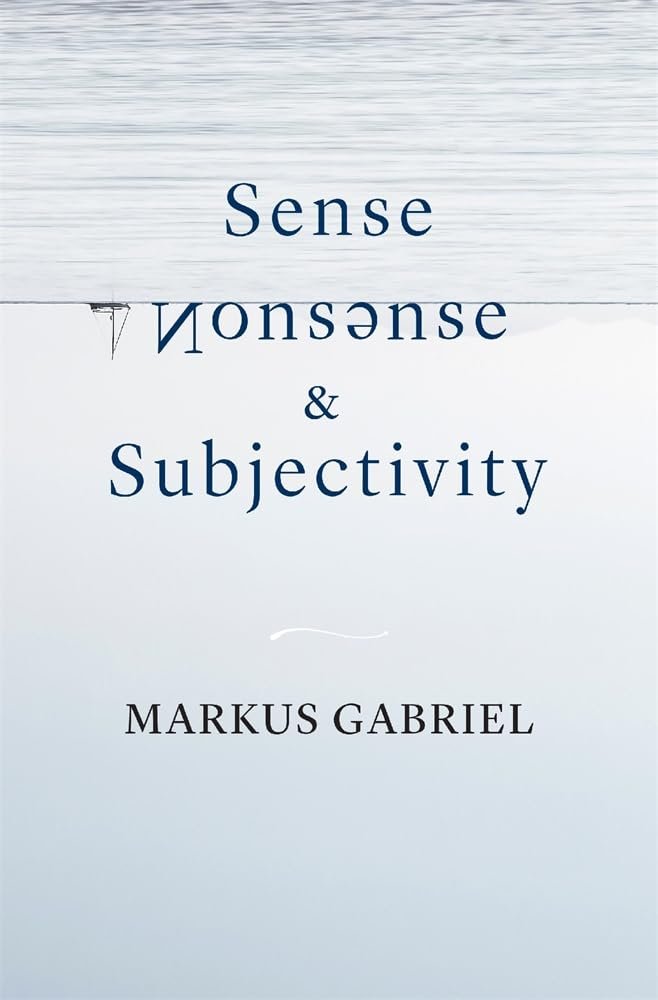Werk > Monographien
Sense, Nonsense, and Subjectivity
Harvard University Press, 2024, 296 Seiten, ISBN 978- 0674260283
A leading German philosopher offers his most ambitious work yet on the nature of knowledge, arguing that being wrong about things defines the human condition.
For millennia, philosophers have dedicated themselves to advancing understanding of the nature of truth and reality. In the process they have amassed a great deal of epistemological theory—knowledge about knowledge. But negative epistemological phenomena, such as ignorance, falsity, illusion, and delusion, are persistently overlooked. This is surprising given that we all know how fallible humans are.
Sense, Nonsense, and Subjectivity replies with a theory of false thought, demonstrating that being wrong about things is part and parcel of subjectivity itself. For this reason, knowledge can never be secured without our making claims that can always, in principle, be wrong. Even in successful cases, where we get something right and thereby gain knowledge, the possibility of failure lingers with us. Markus Gabriel grounds this argument in a novel account of the relationship between sense, nonsense, and subjectivity—phenomena that hang together in the temporal unfolding of our cognitive lives.
While most philosophers continue to theorize subjectivity in terms of conscious self-representation and the supposedly infallible grip we have on ourselves as thinkers, Sense, Nonsense, and Subjectivity addresses the age-old Platonic challenge to understand situations in which we do not get reality right. Adding a stimulating perspective on epistemic failures to the work of New Realism, Gabriel addresses long-standing ontological questions in an age where the line between the real and the fake is increasingly blurred.
Beim Verlag bestellen:
Praise
“A significant, ambitious book about the timely matter of ignorance, error, and how they shape subjectivity. It illuminates how ‘being wrong’ is part and parcel of being.”
—Aaron James, author of Assholes: A Theory of Donald Trump
“It is hard to imagine a philosopher more alert to all aspects of contemporary intellectual life than Markus Gabriel. It is also hard to imagine one more tenacious in defending his views. In this book, he offers a brilliant theory of error and confusion, aspects of human cognition no less important than knowledge. Like all of Gabriel’s books, it brings the reader face-to-face with the state of the art.”
—Graham Harman, author of Object-Oriented Ontology: A New Theory of Everything
“Again displaying his gift for finding something new in timeworn philosophical areas, here Markus Gabriel focuses on what it is to be wrong. But the book covers much more, tackling in original ways the nature of consciousness and reality, subjectivity and objectivity, and their various possible relationships. Erudite, well-argued, deep, and yet still highly readable, this book is sure to become a classic.”
—Dean Rickles, author of Life Is Short: An Appropriately Brief Guide to Making It More Meaningful
